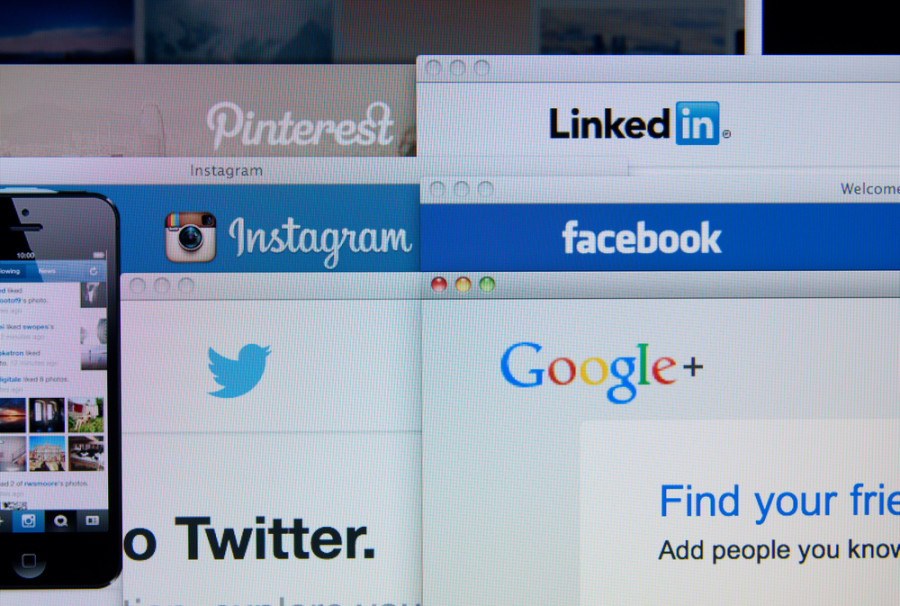Editorial
Governments have no right to dictate what the citizenry can think
The current government is notorious for its attempts to muzzle the free press.
The promise of the internet was that it would give everyone a voice. Social media platforms often provide ease with which people can convey their discontent. But as we enter the digital era, politicians frequently find themselves the target of criticism on social media. Perhaps that is why Pushpa Kamal Dahal lashed out at social media users, saying that the onslaught of negative comments directed at himself and other political leaders were unjust.
Social media platforms have altered citizens’ engagement by being an effective tool for political communication. From the way elections are contested to the way political leaders engage in diplomacy, social networks are increasingly becoming the preferred mode of connecting with their voter base. Even the citizenry voice their loudest discontent on the venue offering the opportunity for diverse viewpoints to be heard. And that is the beauty of the new media. It has created a space for everyone. But perhaps this very wide reach of social media is what intimidates leaders who cannot stomach criticism.
The current government is notorious for its attempts to muzzle the free press. Earlier last year, Communications and Information Technology Minister Gokul Baskota removed television presenter Raju Thapa from a show broadcasted on a state-owned channel for asking tough questions about his property details. And things have only gone downhill from there. Ever since coming to power, by introducing the Media Council Bill or the IT Bill, the ruling Nepal Communist Party has made it amply clear that it wants to create a society that is closed and controlled. And the recent comments made by the party co-chair is just a reflection of that.
What’s more, the government has been misusing the Electronic Transaction Act by arresting journalists, comedians and satirists on trumped-up charges. The vague provisions of the act, especially Article 47, have allowed it to be applied to situations that it was never meant to address. This law is already set to be supplemented by the IT Management Bill, which is currently being discussed in Parliament. The new bill has been criticised for containing even more draconian loopholes that could potentially be used to curtail freedom of the press. One provision in the proposed legislation mentions that ‘inappropriate use of the electronic system’ could invite fines ranging from Rs300,000 to Rs1 million and jail time of between one and 10 years, or both. This is worrying, as the provision’s vague wording leaves it open to interpretation—and authorities could do so to suit their own interests.
Freedom of expression is a cardinal pillar of a vibrant democracy. Democracy thrives on dissent as it acts as a mechanism for the ruled to keep a check on the rulers. As thinking beings, citizens are expected to disagree, dissent and disapprove of policies and actions of the government and private institutions. Social media no doubt is a double-edged sword, but governments in democratic societies have no right to dictate what the citizenry can think and how they choose to express their thoughts.
***
What do you think?
Dear reader, we’d like to hear from you. We regularly publish letters to the editor on contemporary issues or direct responses to something the Post has recently published. Please send your letters to [email protected] with "Letter to the Editor" in the subject line. Please include your name, location, and a contact address so one of our editors can reach out to you.




 14.24°C Kathmandu
14.24°C Kathmandu














